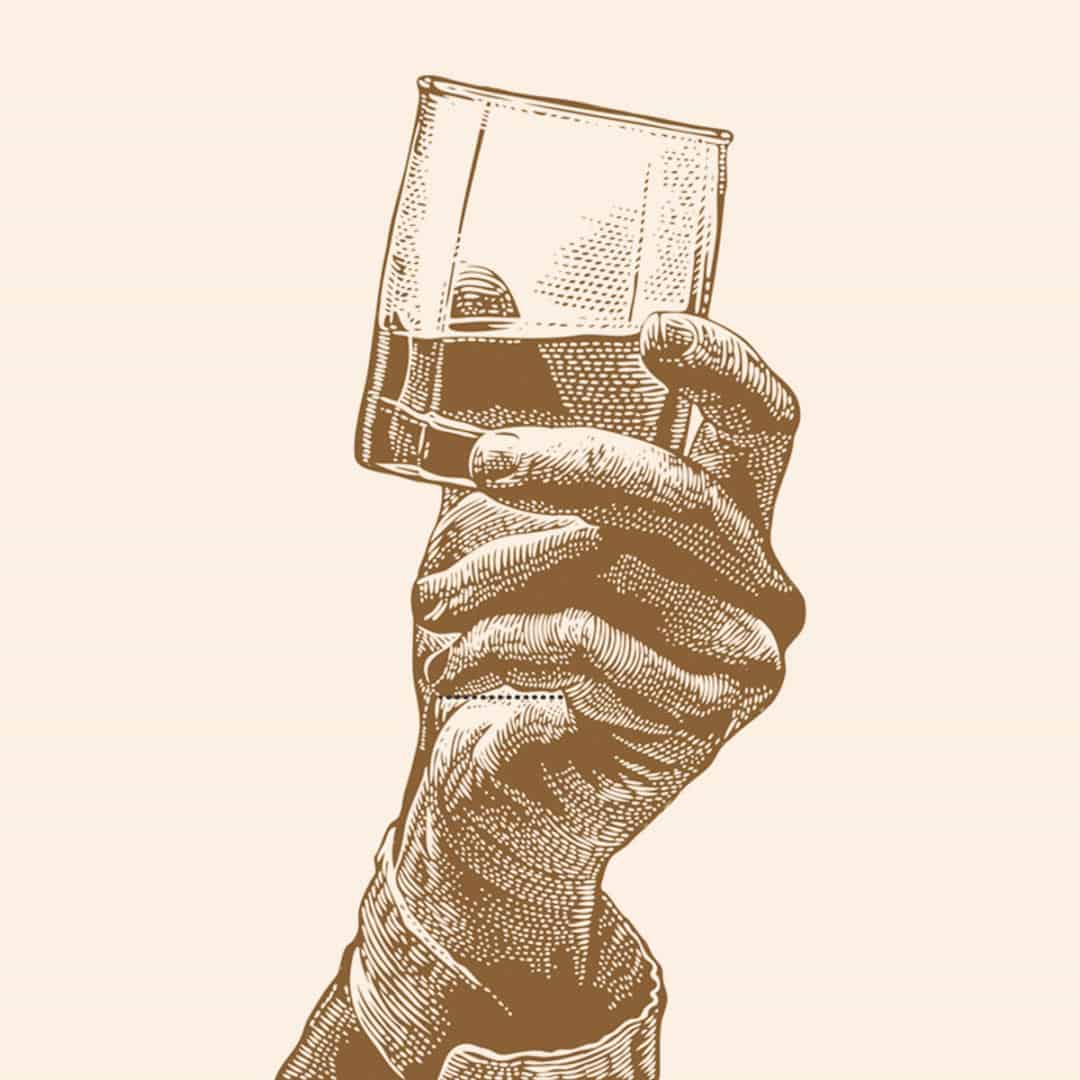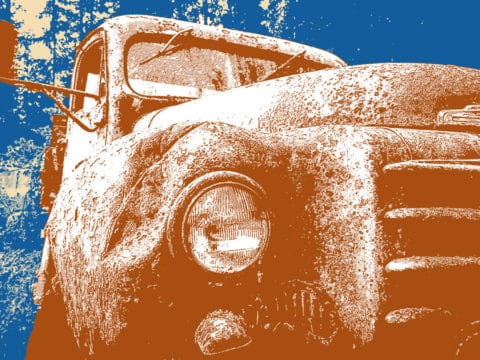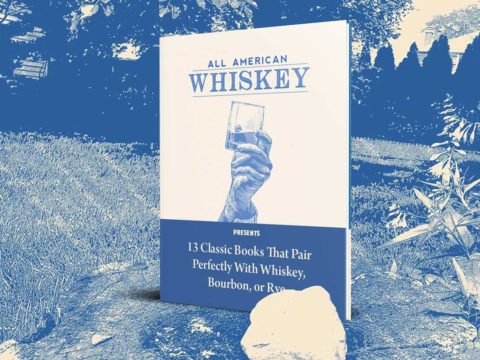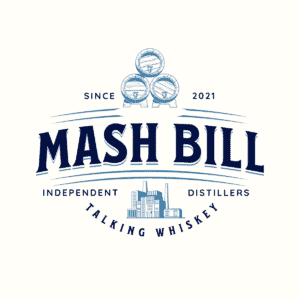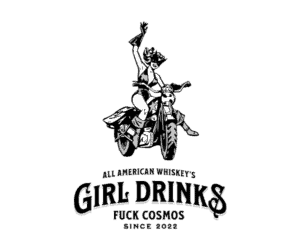I’d like to explain All American Whiskey’s Editorial Policy regarding gender, age, ethnicity, and race descriptors when writing about distillation and the American whiskey industry. Race is a highly charged subject in America and except for a handful of noteworthy writers, most journalists get it wrong on the page.
The problem is not the employment of idiomatic language, nor is it the use of epithets, nor is it the use of obvious slurs. Of course, when those things happen, it is horrible and stupid and acts as a punitive pushback against progress toward the ultimate goal in life and in editorial execution: that one’s age, gender, ethnicity, or race should only matter when it matters. Unless the use of these descriptors is specific and vital to the heart of a story, they just don’t belong there.
It has been typical of news outlets, magazines, and media in general to describe the subject of an industry-focused story with a tag. In the whiskey industry press, there are editorial sections like “Women in Whiskey;” you’ll read about a black-owned distillery, a woman-founded whiskey brand, an LGBTQA master blender, or see a craftsman described as a black distiller or an African-American distiller.
All American Whiskey has decided to omit such descriptors. Our editorial policy is to never tag or label an individual or business by gender, age, ethnicity, or race unless such labeling is vital to the story or to the section of the story where the labeling occurs. Or, in those cases where the subject requests to be so tagged (we ask). The following phrases will occur almost exclusively in our editorial policy, and then only as examples of usage we will avoid:
- African American distiller/whiskey/brand
- Black distiller/whiskey/brand
- Black-owned distillery/whiskey/brand
However, interest in black-owned distilleries and historic black distillers is high
As a venue dedicated to telling the story of American Whiskey, All American Whiskey will interview and write about distillers of color in the regular scope of our work. We also pay close attention to who reads our website, how they got here, and what they were looking for. Our analytics tell us interest in black-owned distilleries, whiskies, and brands is higher than ever. This is proper and a long time coming, since the origin of American whiskey began in the hands of black slaves who made whiskey for their enslavers. American whiskey (like jazz, gumbo, ironing boards, home security systems, traffic lights, refrigerated trucks, automatic elevator doors, microphones, the carbon filament that made electric light bulbs work, the gigahertz chip, raw bars, potato chips, the rotary engine, and peanut butter) was brought into being by black slaves.
And they are finally being recognized. I mean, 300 years late, but still. Jack Daniels has recognized the slave, Nathan “Nearest” Green as the inventor of their whiskey. Historians, researchers, and interest groups are finally bringing the true stories of the original makers of American whiskey to light.
The role of black Americans and slaves in whiskey history is rightly celebrated
Not the slavery part, nobody is celebrating that. But by shining a bright light on this history, the American Whiskey timeline is slowly being corrected as the actual master distillers at the beginnings of various household brands and forgotten whiskies are revealed and revered. This is the power and the beauty of how access to data leads to positive change. This is cultural course correction and it is overdue.
But where does the course correct to?
As stated, we believe the ultimate indication of true inclusivity is that when everyone is finally included and editorial works display actual equanimity, the very idea of inclusion will become irrelevant. When everyone is included, there will be no need for tags and distinction. Our language (I am writing about America from America so we’re talking American English here) has racism and exclusion baked into its core. American text, our published semiotic body, is almost always from a white perspective. It’s why writers and reporters gender and race-tag the people they write about when those people are not white men.
Editorial equanimity would, or should, read differently. When the power differential between races finally reaches zero, it won’t make sense to tag someone. it would sound as weird to constantly refer to someone as a black distiller as it would refer to them as a human distiller. It’s a tautology.
So we’re doing it now.
All American Whiskey sees no profit in labeling someone as a black distiller or a gay distiller or woman-distiller or any other modified form. Instead, we omit those tags and refer to someone simply as a distiller. This is the future we want, so it is the editorial policy we will enforce.
However, we know who we are
We’re two privileged cis white guys from Chicago (by way of Miami and Alabama) who love whiskey. Scott has a degree in experiential philosophy and I went to bartender’s school for a whole week. We have zero credentials for writing about racial editorial policies—especially in regards to writing about an industry whose origins lie clearly within the horror of American slavery.
We invite your comments, advice, and criticism as continue to grow.
Race is easy to get wrong. Writing about it involves the use of language which is messy and stupid and obstinately, inherently, semiotically racist. We’re trying as hard as we can to write toward the linguistic future we believe in. To that goal, we will enlist the assistance of experts in the field to guide our policy. With their help, we should get our aim ever truer. Of course, we’ll probably fuck up. When we do, we welcome you to call us out on it. We’re trying.

